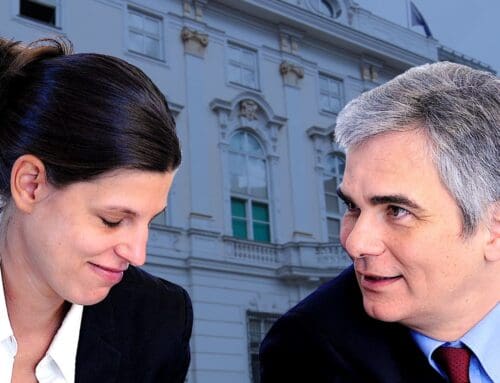

Scientific Updates in the Pandemic Era: VSS #36 | Advocating for Science and Unity
Introduction
The COVID-19 pandemic has affected every aspect of life, including scientific research. Many laboratories and research institutions have had to shut down or reduce their operations to comply with social distancing guidelines and protect their staff. However, scientists have also been working tirelessly to understand the virus, develop treatments and vaccines, and mitigate its impact on society. In this article, we will discuss some of the updates and initiatives taken by the scientific community during these challenging times.
Research Updates
One of the most significant scientific achievements during the pandemic has been the development of vaccines against COVID-19. Several vaccines have been authorized for emergency use, including those developed by Pfizer-BioNTech, Moderna, and Johnson & Johnson. These vaccines have shown high efficacy rates in clinical trials and are being distributed worldwide to combat the spread of the virus. Scientists are also studying the effectiveness of these vaccines against new variants of the virus that have emerged in different parts of the world.
In addition to vaccines, researchers are also working on developing new treatments for COVID-19. One promising approach is the use of monoclonal antibodies, which are laboratory-made proteins that mimic the immune system’s ability to fight off viruses. Several monoclonal antibody therapies have been authorized for emergency use, including those developed by Regeneron and Eli Lilly. These therapies have shown promising results in reducing hospitalizations and deaths among COVID-19 patients.
Another area of research that has gained attention during the pandemic is the study of long-term effects of COVID-19, also known as long COVID. Many people who have recovered from the virus continue to experience symptoms such as fatigue, shortness of breath, and brain fog for weeks or even months after their initial infection. Scientists are studying the underlying mechanisms of these symptoms and developing strategies to manage them.
Initiatives and Collaborations
The pandemic has also brought about several initiatives and collaborations within the scientific community. One such initiative is the COVID-19 Open Research Dataset (CORD-19), which is a free resource of over 200,000 scholarly articles related to COVID-19 and related coronaviruses. This dataset has been used by researchers worldwide to accelerate their research and develop new insights into the virus.
Another collaboration that has emerged during the pandemic is the COVID-19 Genomics UK Consortium, which is a network of laboratories and research institutions working together to sequence the genomes of COVID-19 samples from patients across the UK. This initiative has helped identify new variants of the virus and track their spread, which has been crucial in developing effective public health measures.
Finally, the pandemic has also highlighted the importance of international collaboration in scientific research. Scientists from different countries have been sharing data, resources, and expertise to accelerate the development of vaccines and treatments. The World Health Organization (WHO) has played a crucial role in coordinating these efforts and ensuring that scientific research is conducted in an ethical and transparent manner.
Conclusion
In conclusion, the COVID-19 pandemic has presented significant challenges to the scientific community, but it has also spurred innovation, collaboration, and progress. Scientists have made remarkable strides in understanding the virus, developing vaccines and treatments, and mitigating its impact on society. The initiatives and collaborations that have emerged during the pandemic have demonstrated the power of science and solidarity in addressing global challenges. As we continue to navigate these uncertain times, it is essential to support and invest in scientific research to ensure that we are better prepared for future pandemics
Original article Teaser
VSS Scientific Updates During Pandemic Times #36 | Voice for Science and Solidarity
Geert Vanden Bossche received his DVM from the University of Ghent, Belgium, and his PhD degree in Virology from the University of Hohenheim, Germany. He held adjunct faculty appointments at universities in Belgium and Germany. After his career in Academia, Geert joined several vaccine companies (GSK Biologicals, Novartis Vaccines, Solvay Biologicals) to serve various roles in vaccine R&D as well as in late vaccine development. Geert then moved on to join the Bill & Melinda Gates Foundation’s Global Health Discovery team in Seattle (USA) as Senior Program Officer; he then worked with the Global Alliance for Vaccines and Immunization (GAVI) in Geneva as Senior Ebola Program Manager. At GAVI he tracked efforts to develop an Ebola vaccine. He also represented
Details to VSS Scientific Updates During Pandemic Times #36 | Voice for Science and Solidarity









